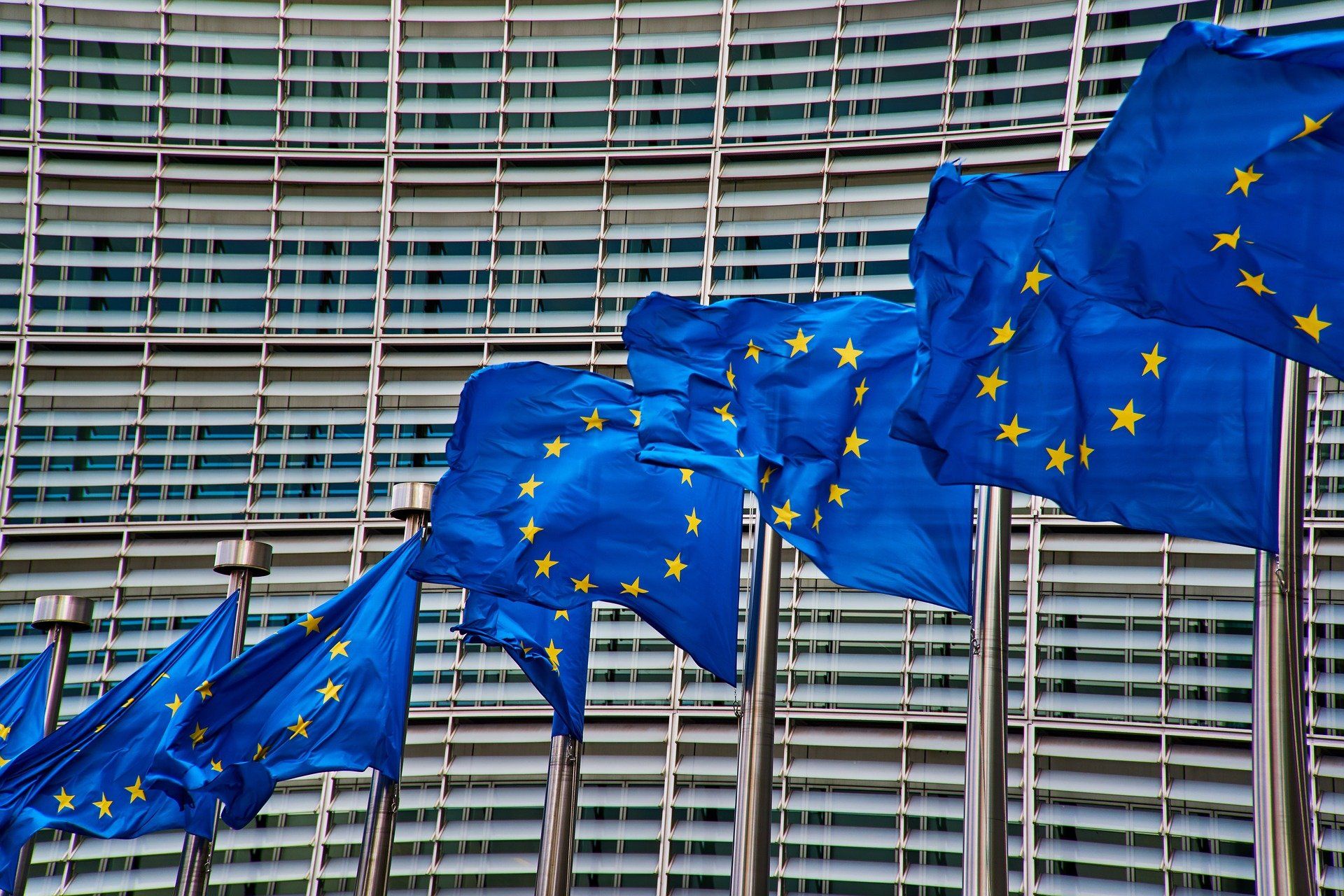To ensure a level playing field for all companies operating in the internal market, member states agreed a negotiating mandate for the regulation on foreign subsidies distorting the internal market.
The regulation aims to address the distortions created by subsidies granted by non-EU countries to companies operating in the EU’s single market. It establishes a comprehensive framework for the Commission to investigate any economic activity benefiting from a third-country subsidy on the internal market and to set up a specific framework for subsidies granted by third countries in the context of large concentrations and large public procurement procedures.
Balancing test
As is the case under the EU state aid control framework, if the Commission finds that a foreign subsidy exists and that it distorts competition, it will perform a balancing test. This is a tool to assess the balance between the positive and negative effects of a foreign subsidy.
The Council text clarifies the criteria and procedures for applying this test, including through the publication of guidance.
Governance
The regulation will be implemented exclusively by the Commission. The Council text specifies that during this centralised implementation by the Commission, member states will be kept regularly informed and will be involved, through the advisory procedure, in decisions adopted under the regulation. It also introduces an alert mechanism allowing member states to flag up suspected distortive subsidies.

Ministers welcome assessment of national plans for Bulgaria and Sweden |
Public procurement
To make the provisions on public procurement more effective and more transparent, the Council text clarifies the procedures applicable to the various existing procedures and stipulates that the Commission should publish guidance on the implementation of the regulation in the context of public procurement procedures.
The Council text shortens the deadlines for investigations to ensure that implementation of the regulation does not slow down public procurement procedures.
Thresholds and deadlines
The regulation proposes three tools which the Commission can use to investigate financial contributions from non-EU governments: two notification-based tools – to investigate large concentrations and bids in large public procurement procedures – and a general market investigation tool.
The Council text raises the notification thresholds to:
- €600 million for mergers
- €300 million for bids in public procurement procedures
The Council mandate shortens to five years the period during which the Commission can retrospectively investigate subsidies granted before the regulation enters into force which create distortions on the internal market after it has entered into force.
More information: European Council – Press release
Parliament set its negotiating position on legislation designed to counteract market-distorting foreign subsidies granted to companies operating in the EU.
With 627 votes for, eight against and 11 abstentions, Parliament agreed on Wednesday that the Commission must be able to investigate and mitigate the effects of such support that can take the form of foreign capital injections, loans, fiscal incentives, tax exemptions and debt forgiveness.
Wider scope, less red tape
In its negotiating position, Parliament extended the scope of the new rules to a larger number of acquisitions, mergers and public procurements by lowering value thresholds that set in motion the obligation to inform the Commission about subsidies.
MEPs also reduced red tape for companies by, for instance, shortening the period the Commission has to investigate foreign subsidies given to companies.
More transparency and legal certainty for companies
To make the process more transparent, Parliament calls on the Commission to put forward guidelines on how it assesses foreign subsidies and balances market-distorting effects against potential wider benefits.
Finally, MEPs ensured that EU countries and companies can inform the Commission confidentially about potentially distortive subsidies, and that firms can consult the Commission informally on whether they need to notify it about their subsidies.
More information: European Parliament – Press release







Leave a Reply